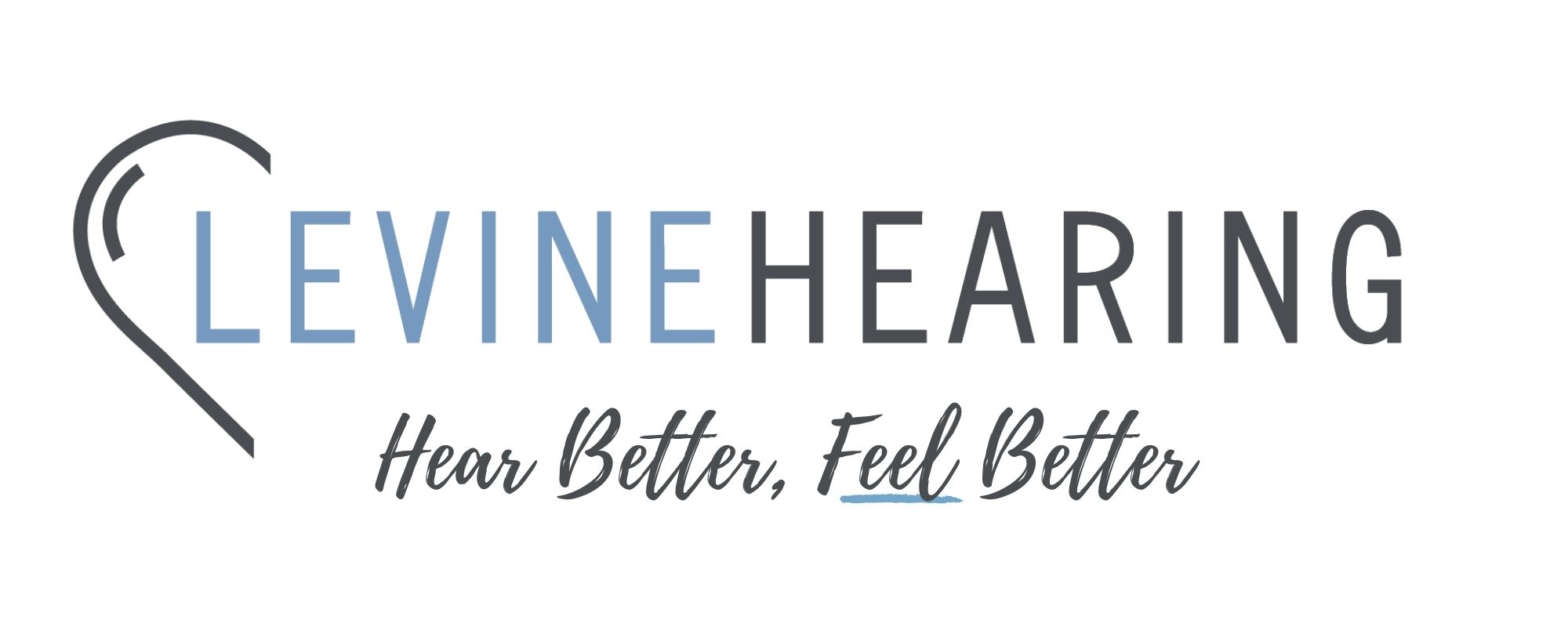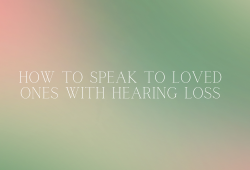What Is Normal Hearing?
What is the range of normal hearing?
The definition of normal hearing is very clear, though I hear lots of explanations of what “feels” normal to people. The threshold for normal hearing is the ability to hear pure tone frequencies between 0 and 25 decibels. Zero decibels is zero because it is considered to be AVERAGE human hearing. We have “20/20” hearing if we can hear a tone played at 0 decibels at every frequency. We discover these thresholds with a test where you push a button or raise a hand when you hear a beep.
I start out with a very soft beep and gradually raise the volume until the patient thinks they hear it and push the button. I make a note of that point but then play the same tone a little softer, gradually raising again until the patient pushes the button again. This process is repeated multiple times because I want to feel confident that they really did hear that beep at that volume and it wasn’t a fluke or a sound “in their head”. I establish the minimum volume that the patient can hear at every frequency from 125 hertz up to 8,000 hertz.
Who decides when hearing aids are needed?
There is no hard and fast rule here and it is possible to get different recommendations from different providers. In theory, if your hearing isn’t at zero decibels across the board, it isn’t PERFECT and you could benefit from hearing correction. In practice, you probably won’t notice your hearing issues until you have thresholds that begin to fall below 25 decibels. This is why most practitioners will only recommend hearing aids if you have 3 or more thresholds below 25 decibels. The most important question is whether your hearing loss is affecting your life (knowing or unknowingly). What I mean by this is that sometimes family members are experiencing even more frustration and are even more aware of the negative effects of your hearing loss than you are! It can be hard to know what you are missing if you missed it. Demoing hearing aids in an office setting can be a very eye-opening experience.
What is “normal” hearing for my age?
Let’s turn this question around. The right question here is just, “what is normal hearing”? If you are wondering if it is common to have more hearing loss as you age, then the answer is yes. I try to draw a division between the word common and normal. Statistics show that 1/3 of people over age 65 have treatable hearing loss and 3/4 of people over age 80 do as well, so you can see that the numbers increase greatly with age. Even if the condition is common, it is still important to keep the bar at normal and to encourage correction to normal. Even a mild hearing loss can increase the risk of falling by three times as much and can have a negative effect on cognitive abilities and depression and anxiety.
What is the next step if I think I have some hearing loss?
A free hearing evaluation in my office can give you clarity on exactly what your hearing issues actually are (Schedule by calling 704-540-3081). It might be a good opportunity to demo some hearing aids in the office to see the difference they make. If that is still a step too far for you, then consider attending one of my educational seminars like the one listed above. It is a free event where you can learn a bit more and ask questions to help you determine your next steps (RSVP at 704-901-8461).
Hi! I’m Madison. I’m a Board Certified Hearing Instrument Specialist (like my mother). I’m observing, learning, absorbing and sharing as I become a part of this beautiful South Charlotte Hearing community. I want to know you! So please leave me comments if my posts are meaningful to you or teach you something new, and feel free to tweet me at @LevineHearing!

3135 Springbank Lane Ste 100,
Charlotte, NC 28226








I really liked how you explained the testing and levels–very helpful!
Thank you very much for this clear explanation. It is time for me to come back for a recheck, and this will help me understand the rsults.
I’m so glad it was helpful!
If you’re reading this post and on the fence on whether or not you need to have your hearing tested, don’t hesitate to reach out to Madison! She will put you at ease and not pressure you if it turns out you are suffering from hearing loss. I often get anxiety when I have my hearing tested but she is so kind and calming. She is so knowledgeable and taught me so much about my specific type of hearing loss.
Thank you so much for sharing, Amanda! It makes me so happy that you feel at ease and comfortable with me. That is my number one goal. I’m so glad to have you as part of the family!